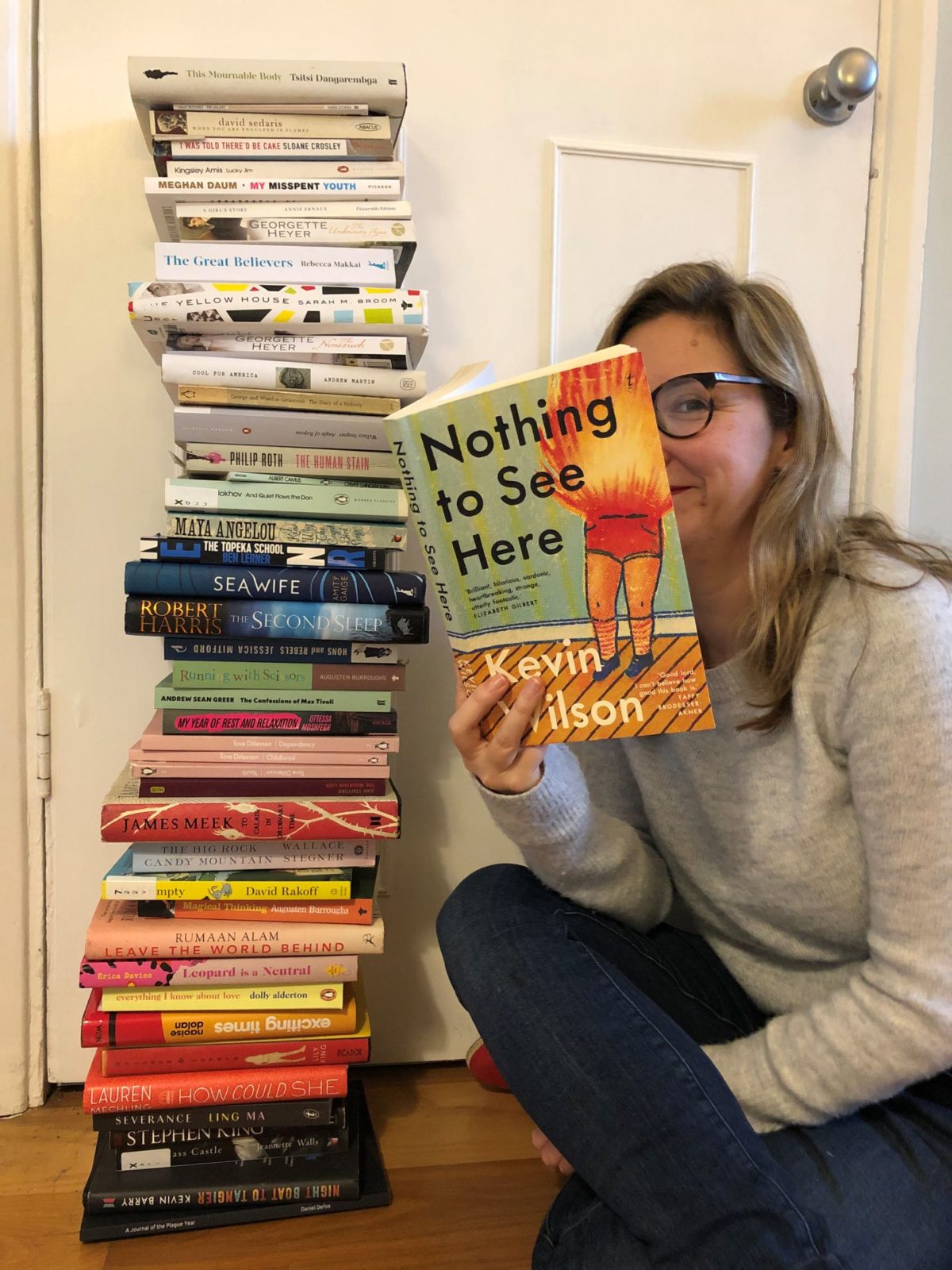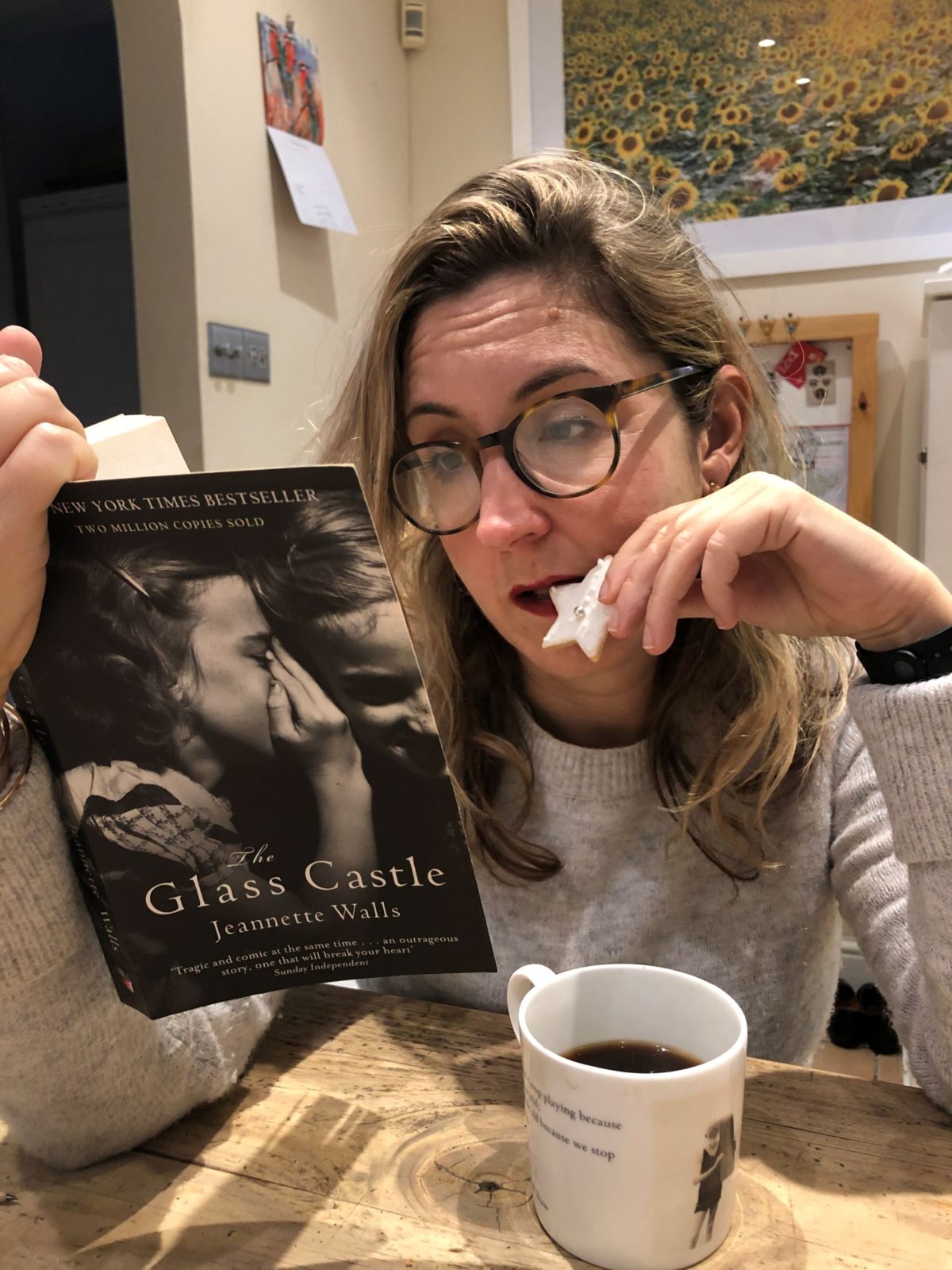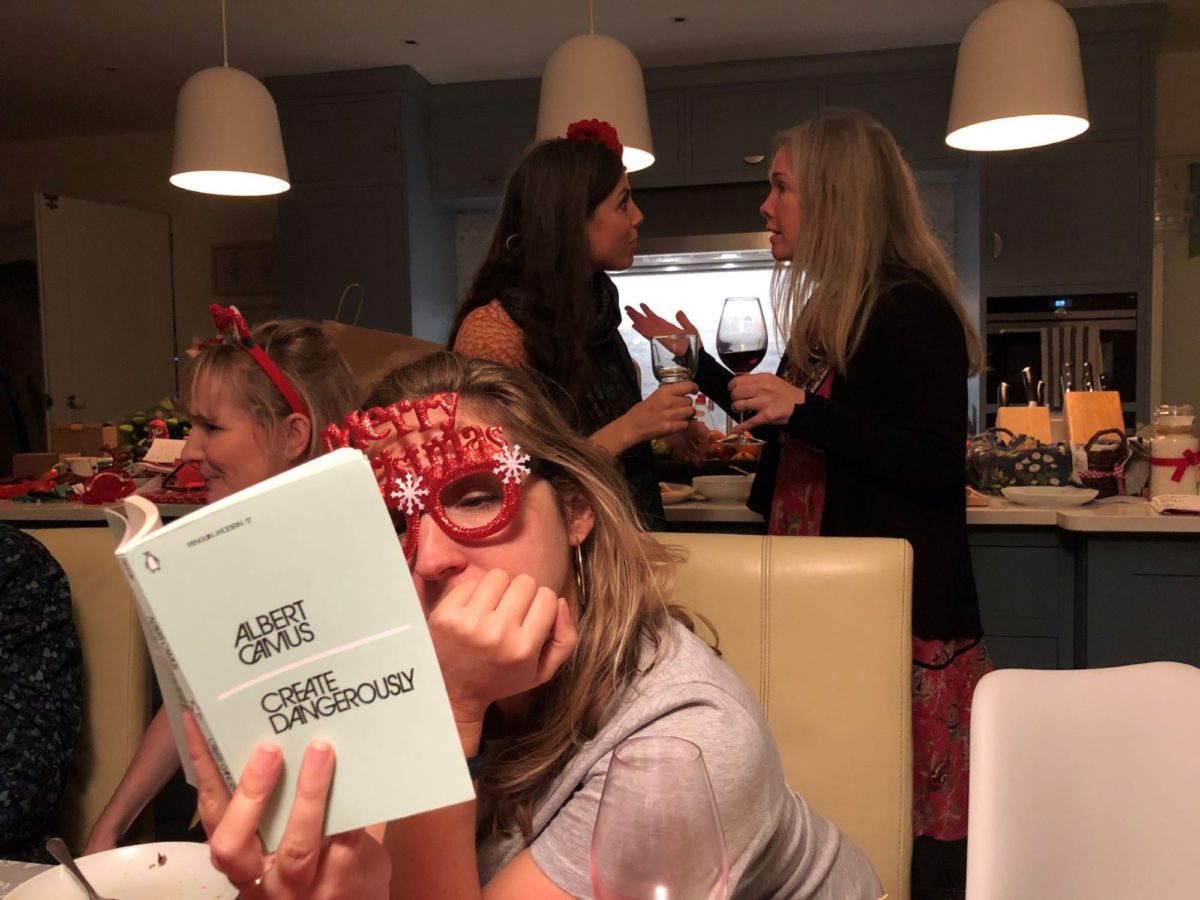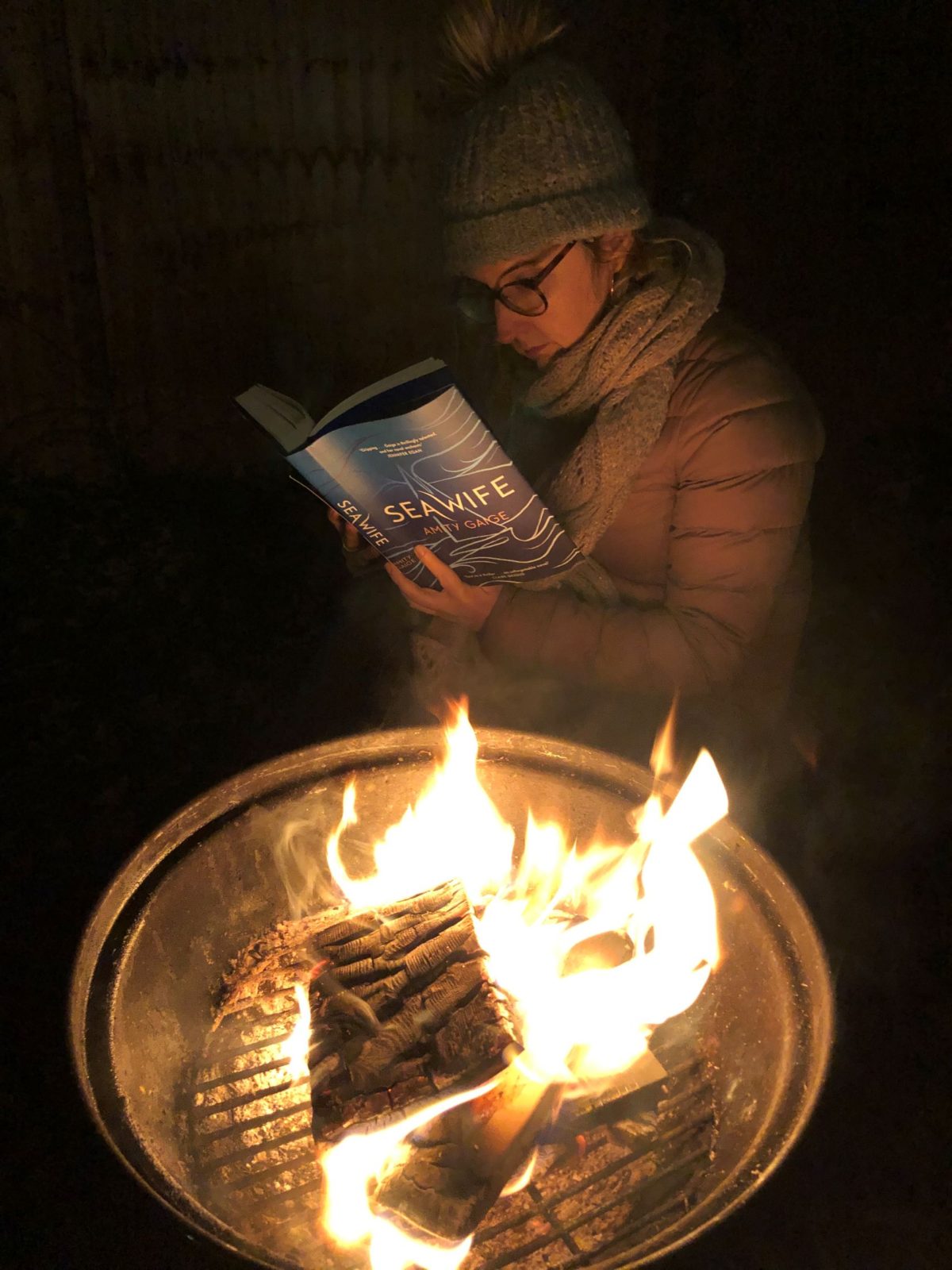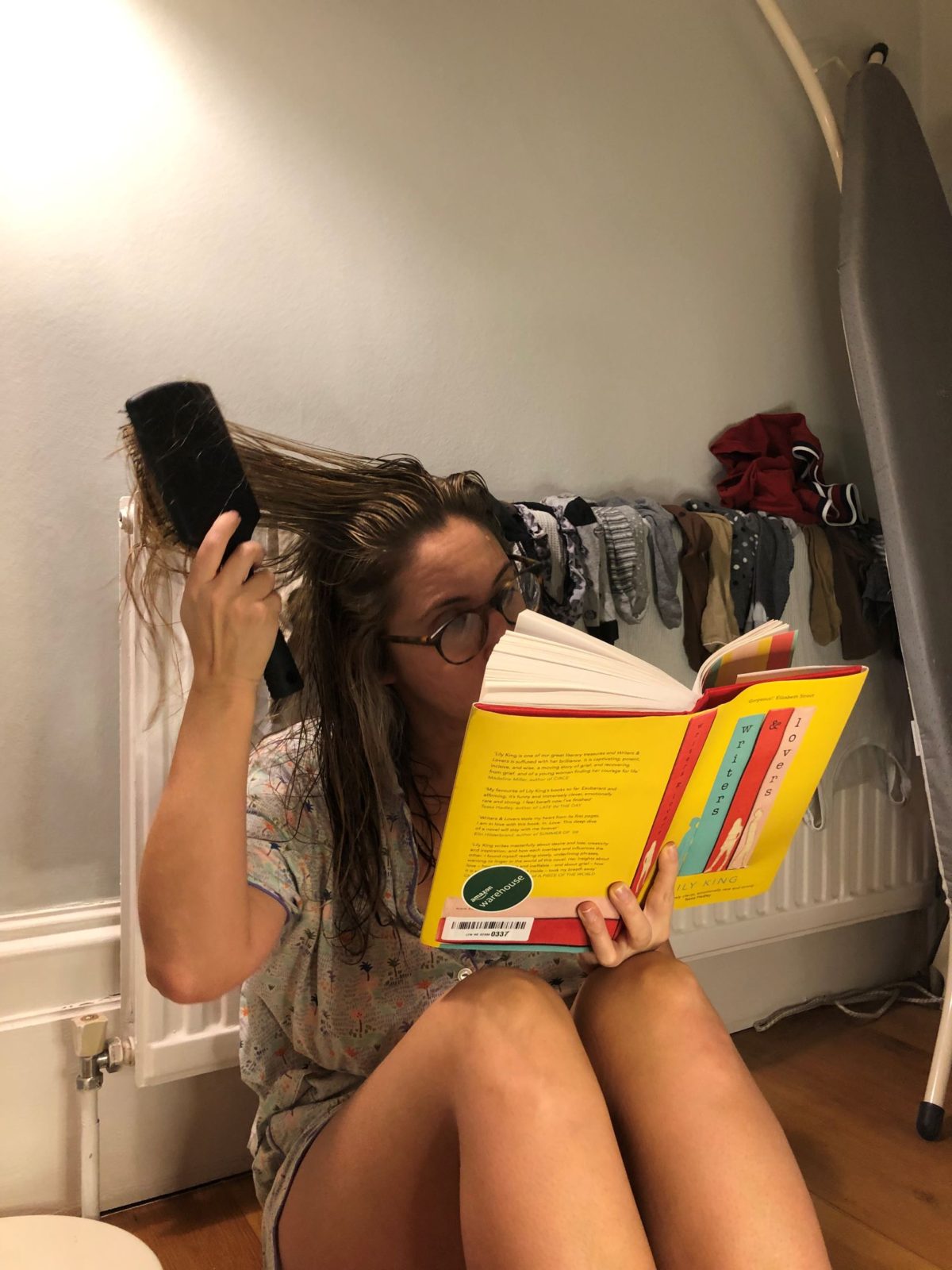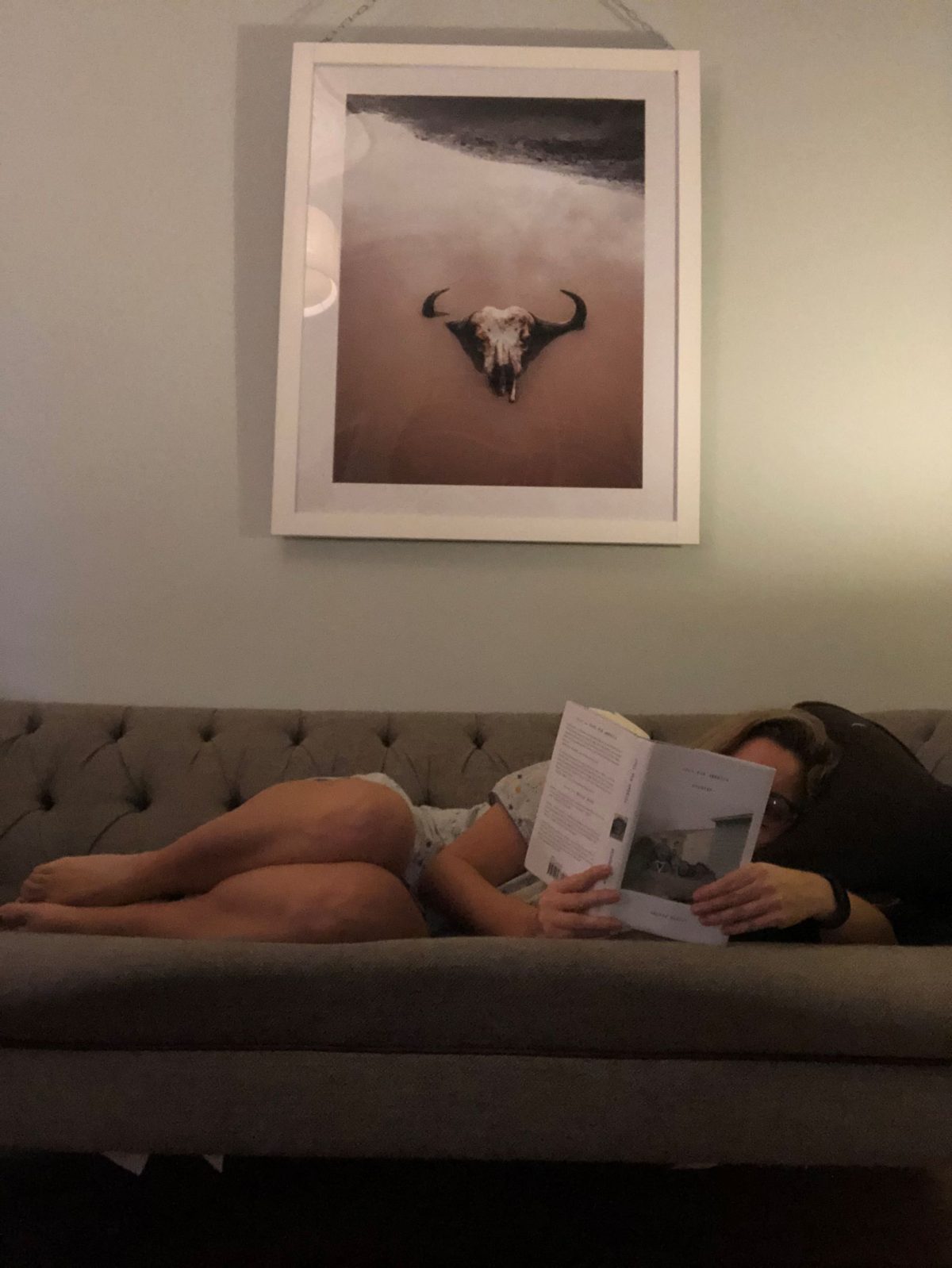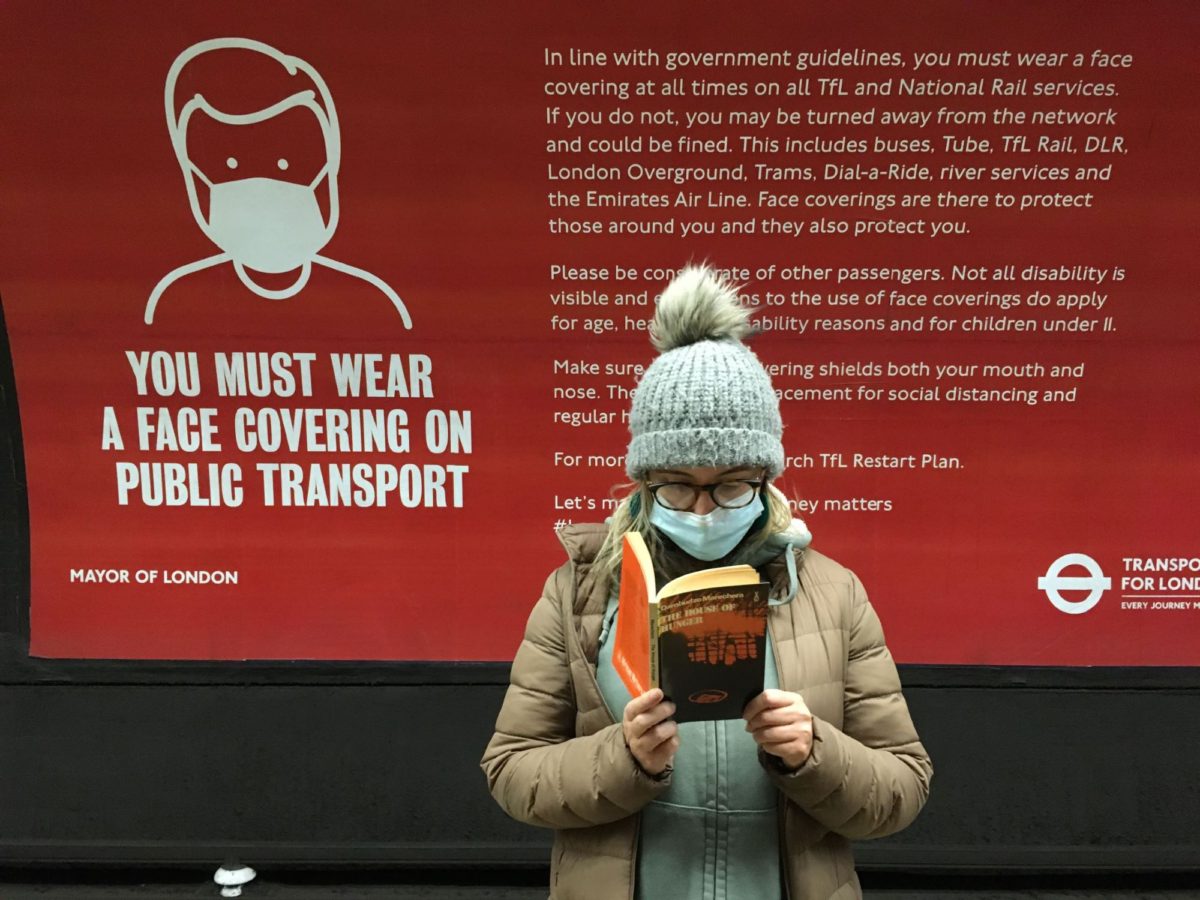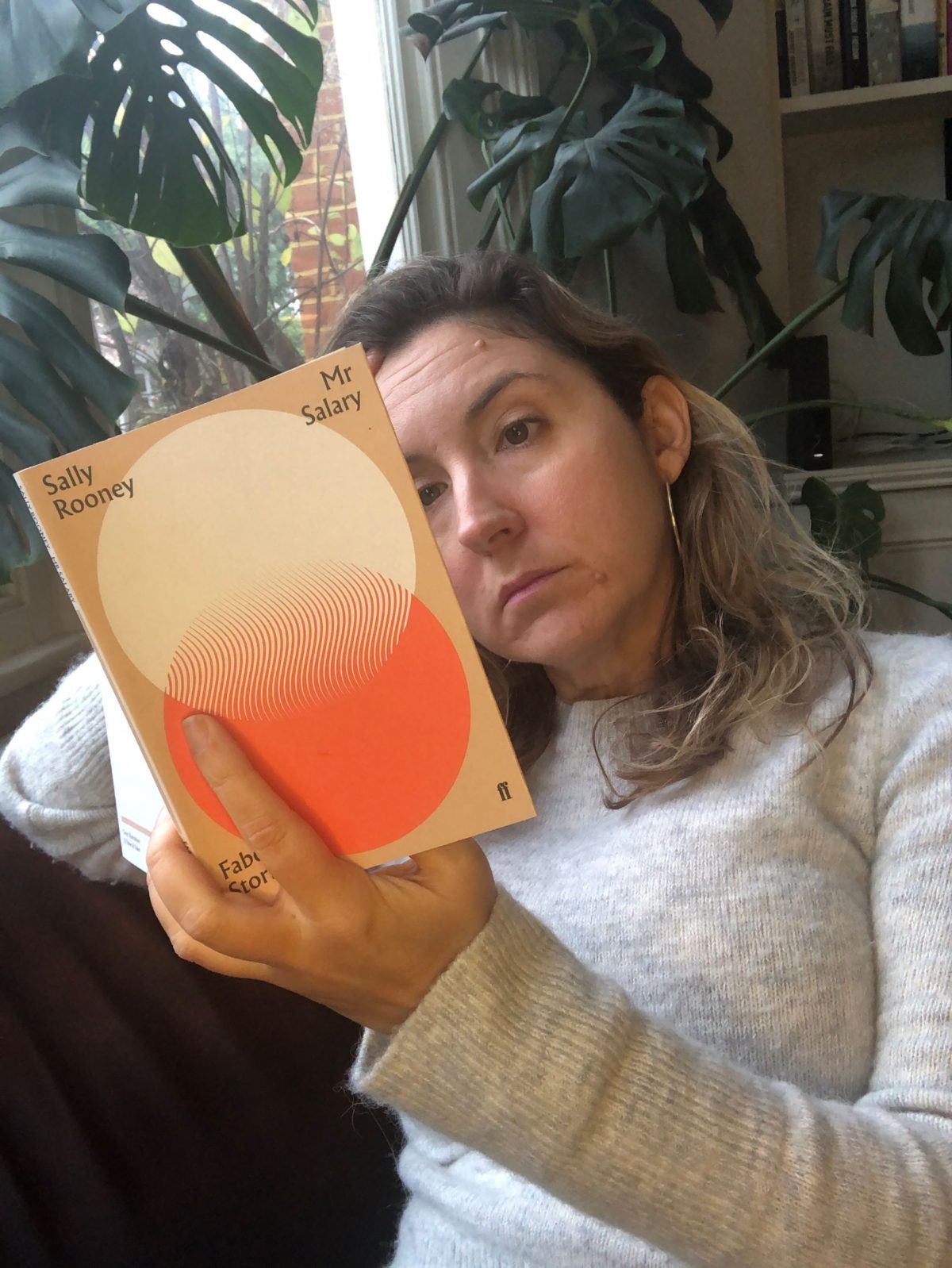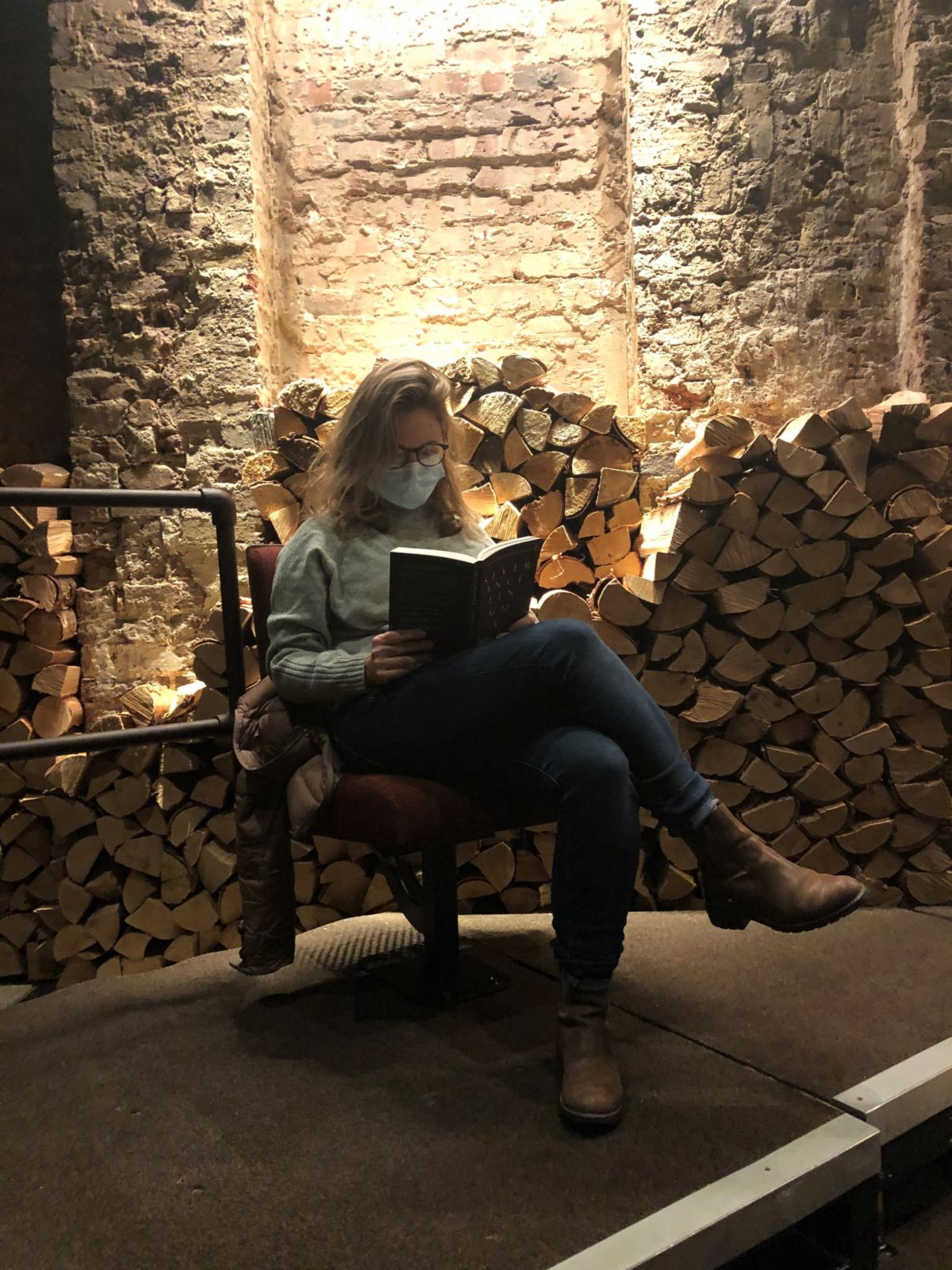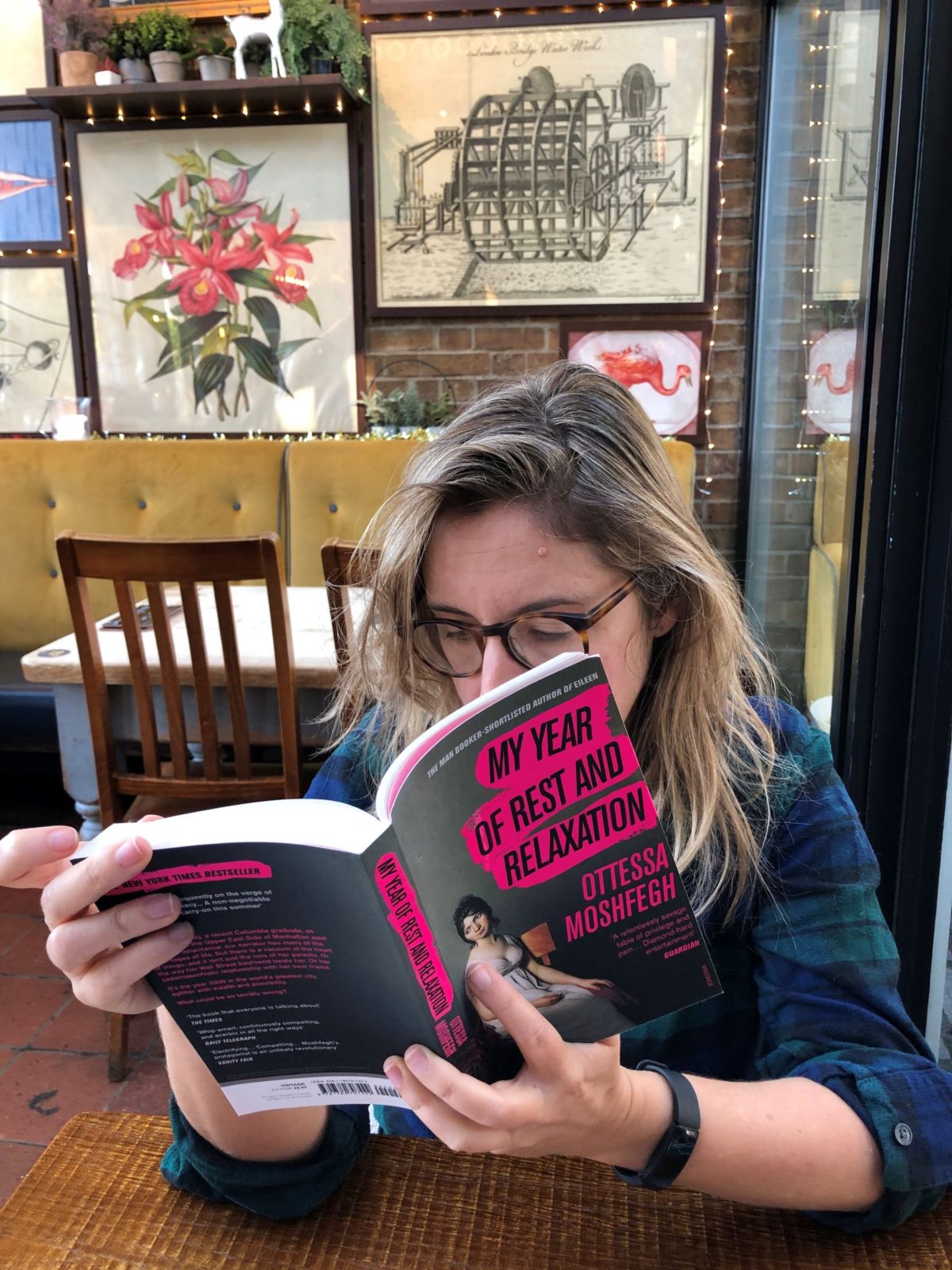I read 66 books this year, more than any year since 2011. A pandemic will do that for you, I guess. That said, given I read 60 books last year, I’m surprised this year isn’t more. I seem to have had nothing but time, so I’m not sure what I filled it with. Some serious wall staring, probably.
I’m half half male and female writers this year, so that’s a positive.
My favourites:
CHERRY, by Nico Walker. A wonderfully hilarious and strangely poetic story of military service and heroin addiction. The girl he has a crush on, who was “either a slut or just real down to earth;” the starling with big dick energy; the time he vomited down the front of his shirt while trying to rob a bank. Amazing.
THE COPEHAGEN TRILOGY by Tove Ditlevsen. I’ve never read a memoir so totally without justifications or excuses. Creepy but brilliant. Covers her life from childhood rickets to poetry to drug addiction.
SOLITARY by Albert Woodfox. The only non-fiction on the list. It is not a book about which it my business to say if it was ‘good’ or ‘bad’ but rather just to be astonished at what Albert Woodfox has achieved, which is surviving forty years in solitary confinement with his sanity intact.
NOTHING TO SEE HERE by Kevin Wilson. A near miraculously clever, bleak book, about a poor girl who “isn’t destined for greatness but is figuring out how to steal it from someone stupid enough to relax their grip on it.” Also involves children who bust into flames.
NOTES ON A SCANDAL by Zoe Heller. A taut and exciting book about loneliness. Let me quote at self-indulgent length:
Being alone is not the most awful thing in the world . . . You visit your museums and cultivate your interests and remind yourself how lucky you are not to be one of those spindly Sudanese children with flies beading their mouths. You make out To Do lists – reorganize linen cupboard, learn two sonnets. You dole out little treats to yourself – slices of ice cream cake, concerts at Wigmore Hall. And then, every once in a while, you wake up and gaze out of the window at another bloody daybreak, and think, I cannot do this any more. I cannot pull myself together again and spend the next fifteen hours of wakefulness fending off the fact of my own misery.
And that’s the perfect ending I think for a roundup of this plague year, during which, more than ever, my books have been a delight, a consolation, and an escape.
The list:
THE GLASS CASTLE by Jennette Walls
CREATE DANGEROUSLY by Albert Camus
SEA WIFE by Amity Grainge
WRITERS & LOVERS by Lily King
COOL FOR AMERICA by Andrew Martin
HOUSE OF HUNGER by Dambudzo Maruchera
MR SALARY by Sally Rooney
SEVERANCE by Ling Ma
MY YEAR OF REST AND RELAXATION by Ottessa Moshfegh
LEAVE THE WORLD BEHIND by Rumaan Alam
EVERYTHING I KNOW ABOUT LOVE by Dolly Alderton
TOPEKA SCHOOL by Ben Lerner
AUGUSTUS by John Williams
THE ROOMMATE by Rosie Dannan
THE GREENGAGE SUMMER by Rumer Godden
THE NONESUCH by Georgette Heyer
LEOPARD IS A NEUTRAL by Erica Davies
ANGLE OF REPOSE by Wallace Stegner
OHIO by Stephen Markley
THIS MOURNABLE BODY by Tsitsi Dangarembga
HONS AND REBELS by Jessica Mitford
SATISFACTION by Gillian Greenwood
THE CONFESSIONS OF MAX TIVOLI by Andrew Sean Greer
THE YELLOW HOUSE by Sarah M Broom
CHERRY by Nico Walker
INTO THE WILD by John Krakeur
THE HUMAN STAIN by Philip Roth
THE GREAT BELIEVERS by Rebecca Makkai
I KNOW WHY THE CAGED BIRD SINGS by Maya Angelou
THE DIARY OF A NOBODY by George and Weedon Grossmith
THE UNKNOWN AJAX by Georgette Heyer
THE BIG ROCK CANDY MOUNTAIN by Wallace Stegner
WHEN YOU ARE ENGULFED IN FLAMES by David Sedaris
EXCITING TIMES by Naoise Dolan
NOTHING TO SEE HERE by Kevin Wilson
THE THORNBIRDS by Colleen McCullough
NIGHT BOAT TO TANGIERS by Kevin Barry
CARRIE by Stephen King
A GIRL’S STORY by Annie Ernaux
RUNNING WITH SCISSORS by Augusten Burroughs
NOTES ON A SCANDAL by Zoe Heller
A JOURNAL OF THE PLAGUE YEAR by Daniel Defoe
MAGICAL TIHNKING by Augusten Burroughs
HALF EMPTY by David Rakoff
AND QUIET FLOWS THE DON by Mikhail Sholokhov
DEPENDENCY by Tove Ditlevsen
I WAS TOLD THERE’D BE CAKE by Sloane Crowley
TO CALAIS, IN ORDINARY TIME by James Meek
MY MISSPENT YOUTH by Meghan Daum
HOW COULD SHE by Lauren Mechling
ON WRITING: A MEMOIR OF THE CRAFT by Stephen King
YOUTH by Tove Ditlevsen
THE SECOND SLEEP by Robert Harris
PRIESTDADDY by Patricia Lockwood
I FEEL BAD ABOUT MY NECK by Nora Ephron
A PERFECT SPY by John Le Carre
INDONESIA by Elisabeth Pisani
CHILDHOOD by Tove Ditlevsen
CALYPSO by David Sedaris
EXPECTATION by Anna Hope
THINGS WE DIDN’T TALK ABOUT WHEN I WAS A GIRL by Jeannie Vanasco
SOLITARY by Albert Woodfox
COST OF LIVING by Deborah Levy
LUCKY JIM by Kingsley Amis
MOUNTAIN LION by Jean Stafford

